Songwriters Speak: exhuming Debbie Kruger’s book of buried treasure
A magnificent volume of interviews with some of our best songwriters is being republished 18 years after it first graced our bookshelves, and its resurfacing is cause for celebration.
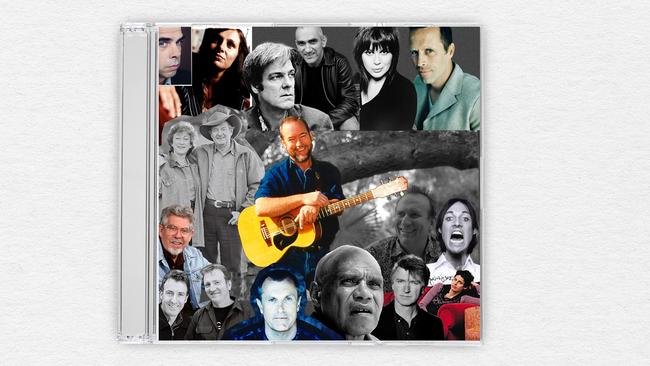
Her rare book in exchange for an Eagles ticket: that was the deal.
It was a fair trade. I finally got my hands on this hard-to-find, four-year labour of love, which featured interviews with some of the greatest Australian songwriters to ever take up the craft, plus a couple of key Kiwis.
And my new friend got to see her beloved band perform yet again, having checked in to the mythical Hotel California on 26 occasions in her life so far.
Debbie Kruger is the kind of music lover for whom “fanatical” is not too strong a word. That adjective barely covers it; slightly more apt is “obsessive”, a term that only begins to capture the level of heart, soul, brain and grit that she has thrown into her lifelong zeal for the art form.
It began in her childhood, poring over the gatefold photo collage inside Sherbet’s Greatest Hits while having her 11-year-old mind blown wide open by the Sydney rock band’s powerful single Cassandra, which begins with what is, to her mind, a perfect opening lyric: “One day I met a girl who never said a word…”
She began attending concerts at 13, and the habit stuck. Music is at the centre of why we connected, and it remains the artery that connects us, two fanatical obsessives cut from the same cloth who both thrill to rhythm, lyrics, rhyme and melody – and who both managed to shape our passion for these very things into the connective tissue of our personal and professional lives.
Our first and only meeting was at a Queensland concert venue, and she came direct from her then-home in Santa Monica, California, bearing a gift: a mighty doorstopping tome authored by her, published in 2005, and long since out of print.
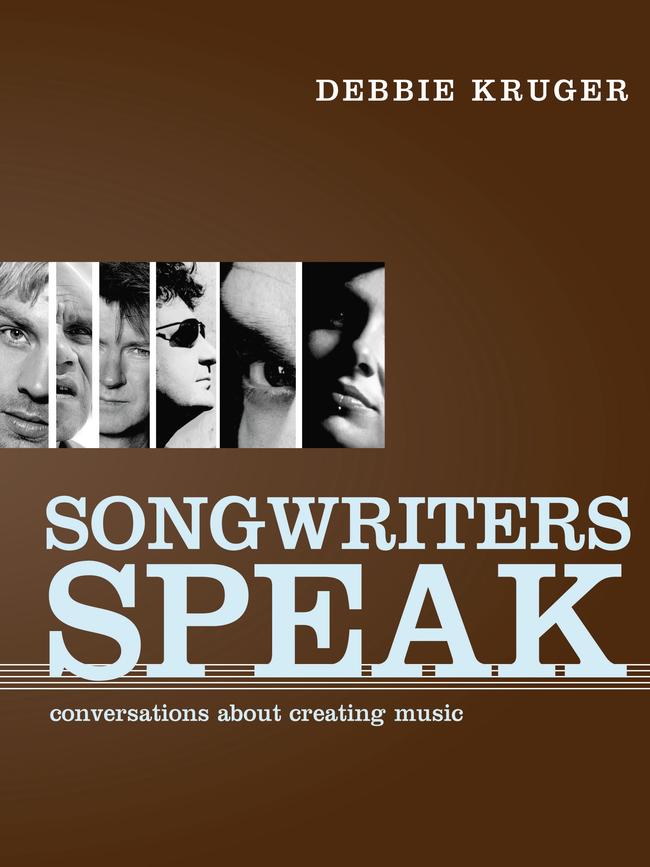
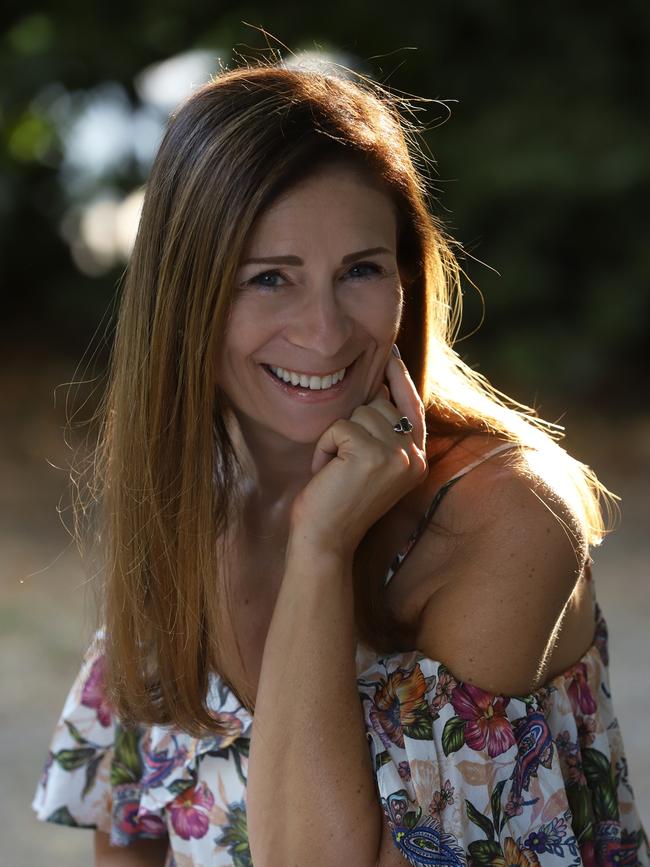
In the stalls inside the venue, Kruger’s 600-page book was stowed beneath my seat, wrapped in a plastic bag. We sat side-by-side, listening to some of the greatest voices in pop music as they filled the room, singing songs that had soundtracked many millions of lives like ours.
That concert at the Brisbane Entertainment Centre in March 2019 was great; few live acts care as deeply about reprising their carefully arranged vocal harmonies as do the Eagles. Used to watching from among her fellow diehards in the first few rows, Kruger told me she appreciated the unusual experience of taking in the show from further afield, sat midway in the stalls on the arena floor.
As we listened to those timeless American voices singing about their country and its people, scores more voices were whispering to one another in the pages near my shoes.
Wrapped in plastic, cardboard, paper and ink, these giant contributors of Australian music history had been painstakingly interviewed and transcribed by Kruger, who skilfully amassed a collection of writers whose songs have boomed across our state borders and beyond.
Nick Cave, Archie Roach, Chrissy Amphlett, Don Walker, Colin Hay, Paul Kelly, Tim and Neil Finn, James Reyne and Mark Seymour. Rob Hirst and Jim Moginie, Joy McKean, Deborah Conway, Daniel Johns, John Williamson, Kasey Chambers, Rolf Harris: these were just some of the names of the culture-shaping songwriters to whom Kruger had spoken about their art.
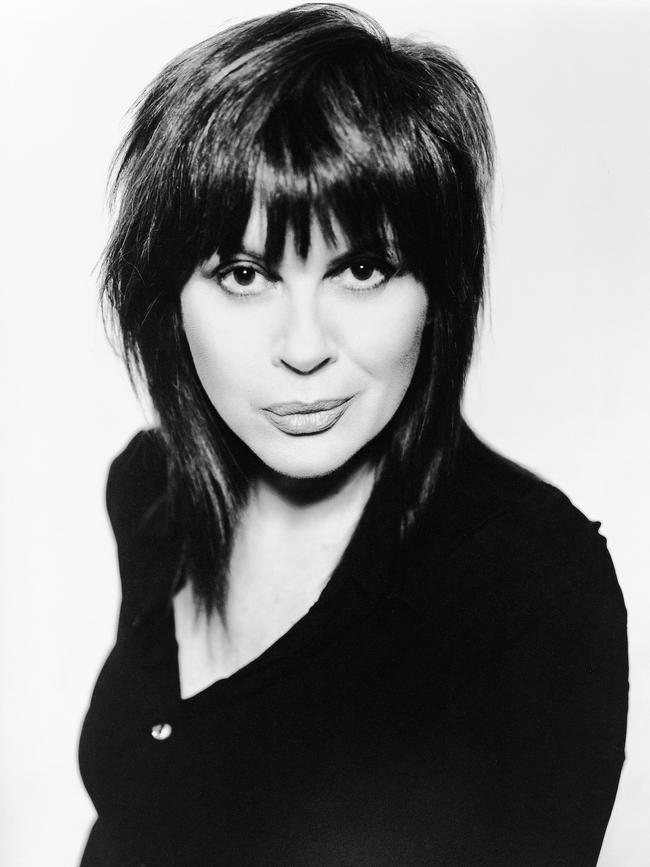
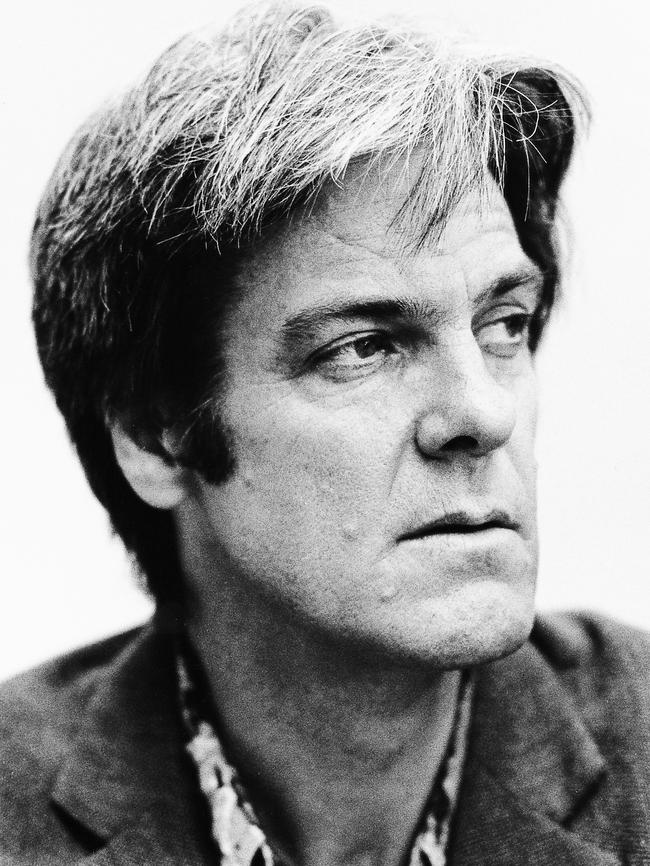
Her book Songwriters Speak: Conversations About Creating Music became mine. “Glad this will get lots of use and also glad it introduced us,” she hand-wrote on the title page, above her signature and the logo of Limelight Press, an independent publisher based in Sydney.
Our friendship was sealed in that trade, and we stayed in touch via email and social media, while her weighty volume became a point of reference in the course of my work as national music writer for this newspaper.
But the book remained exquisitely hard to find. Kruger continued to keep her eye out for second-hand copies that resurfaced in the wild, and in a true sign of obsession, she wasn’t above paying handsome sums to rare book dealers to rebuild her own depleted stocks – which once dropped to just three, including the very first one that came hot off the press in 2005.
Its release was met with a rash of positive press from music outlets and beyond, including a Review cover story in this newspaper.
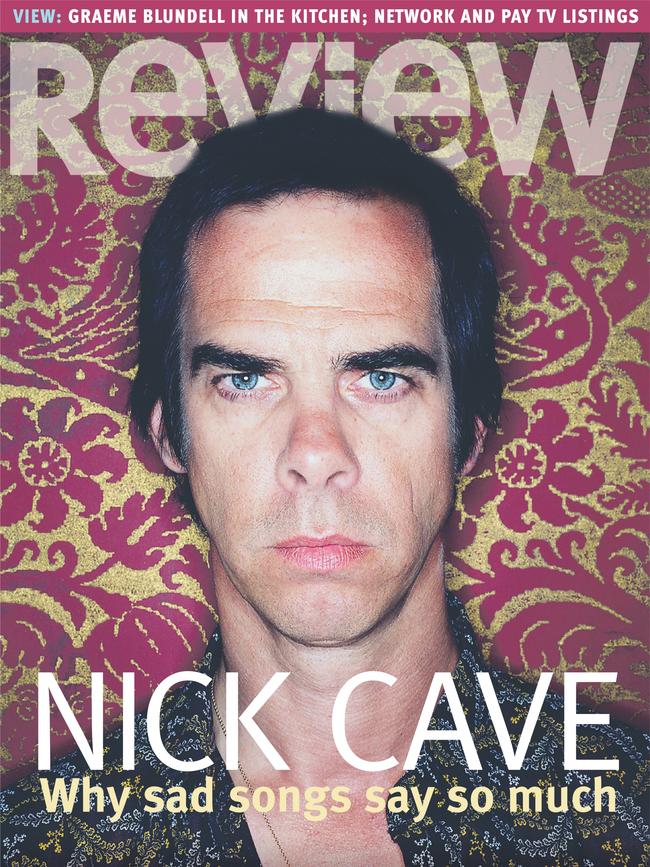
Though never a bestseller, Kruger’s book is an essential text of music journalism, one that deserves its place in the canon alongside the American work that inspired it: Paul Zollo’s Songwriters on Songwriting, wherein he queried the likes of Bob Dylan, Brian Wilson, Patti Smith, Paul Simon and Tom Petty at length about their craft.
We writers tend to pour our hearts into our work, and publishing is littered with tales of woe. In 2007, when Limelight’s founders dissolved their company, 500 copies from its original print run of 4000 were mistakenly destroyed by the distributor, putting the title prematurely and heartbreakingly out of print.
The story could have ended there, with the author scrounging around for used copies of her own title. But Kruger, now 60, has finally gotten around to something that’s been on her mind for a long time: her landmark book is soon to be reissued in print and as an ebook.
Eighteen years after its initial publication, this buried treasure is about to be exhumed, sparkling with vitality, poised for its ageless lessons on the ineffable magic of songwriting to be absorbed by a new generation of readers.
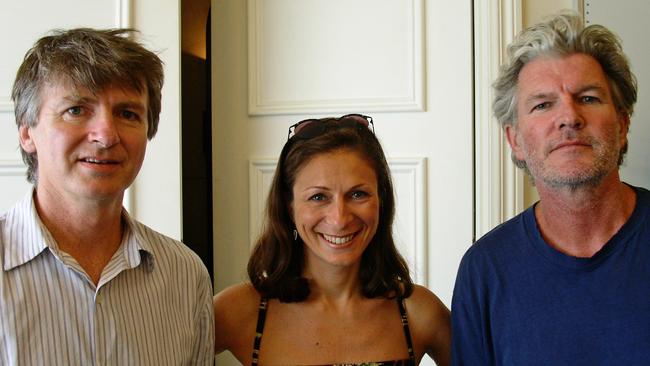
In the book’s new foreword, Kruger writes: “When this book was originally published in 2005, it was the first in-depth study of Australasian songwriters, and the first time several of the people I interviewed felt they had been taken seriously, considered as more than just rock or pop stars whose spotlights had faded. The book arrived in an era between some artists’ hit-making years and their later resurgence on the ‘legacy’ touring scene. Before certain bands reunited, before some went on to stage farewell tours.
“And, for others, before their lives took unexpected turns, glorious or tragic, that elevated their songwriting to new heights. In light of those evolutions, as well as the subsequent deaths of six of the songwriters here, I believe these interviews stand as meaningful historical testaments to the times they were conducted and unique perspectives on what came before and what was to come later.”
Among the 45 songwriters who appeared in the book, those six no longer with us are Billy Thorpe (who died in 2007), Amphlett (2013), Jim Keays (2014), George Young (2017), Andrew “Greedy” Smith (2019) and Archie Roach (2022).
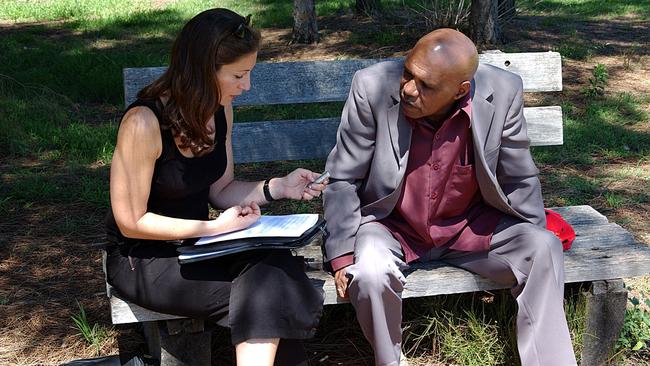
In preparing the reissue, Kruger was confronted with the thorny question of whether or not to omit Harris, the Perth-born singer, songwriter and painter whom she interviewed at his home on the Thames River in Bray.
When they met in 2004, Harris “cried occasionally, laughed a lot, was passionate, angry, joyous and generous with his memories,” Kruger wrote of the then 74-year-old. While demonstrating his songwriting method, he hastily scribbled a sheet of musical notation for his signature song Tie Me Kangaroo Down, Sport.
But that was a decade before Harris was convicted of sexual offences against children, and sentenced to five years and nine months in prison on 12 counts of indecent assault.
Back then, the musical notation was a proud memento from the author’s lively conversation with an Australian musical great; now, it has taken on a darker shade, as has everything Harris achieved in his life before becoming a convicted paedophile at the age of 84. (He died this month, aged 93.) Eventually, Kruger opted to keep Harris in the reprinted version.
“For this reason – that it is a work of historical worth – I have chosen to retain the chapter on one songwriter who has since been found guilty of abhorrent crimes, incarcerated and discredited,” she writes in the new foreword.
“For some readers, his inclusion in a new printing might be offensive, and to them I say, please just skip that chapter,” writes Kruger. “He wrote songs that were and arguably still are a significant part of Australia’s cultural landscape, and the interview was illuminating. I stand by his work and my work as the interviewer in the context of this book.”
Despite the book’s authoritative nature, the completist in Kruger can’t help lamenting the ones that got away. Chief among them were AC/DC’s Scottish-born brothers Malcolm and Angus Young, and British-born Bee Gee Barry Gibb, who spent his formative years here with his younger brothers before they conquered the pop world.
But the point of this work bursting back onto the literary scene in 2023 is that it captures a time and place, circa 2005, as a snapshot of some of the country’s most influential songwriters. As the author wrote in the original foreword: “I had already missed out on talking to Peter Allen, Paul Hewson, Marc Hunter, Michael Hutchence and Ted Mulry; I felt an imperative to record the thoughts, inspirations and anecdotes of our greatest songwriting legends before we lost any more.”
She missed out, too, on speaking with Slim Dusty by a slim margin; Kruger interviewed his widow and fellow country songwriter McKean three months after Dusty’s death.
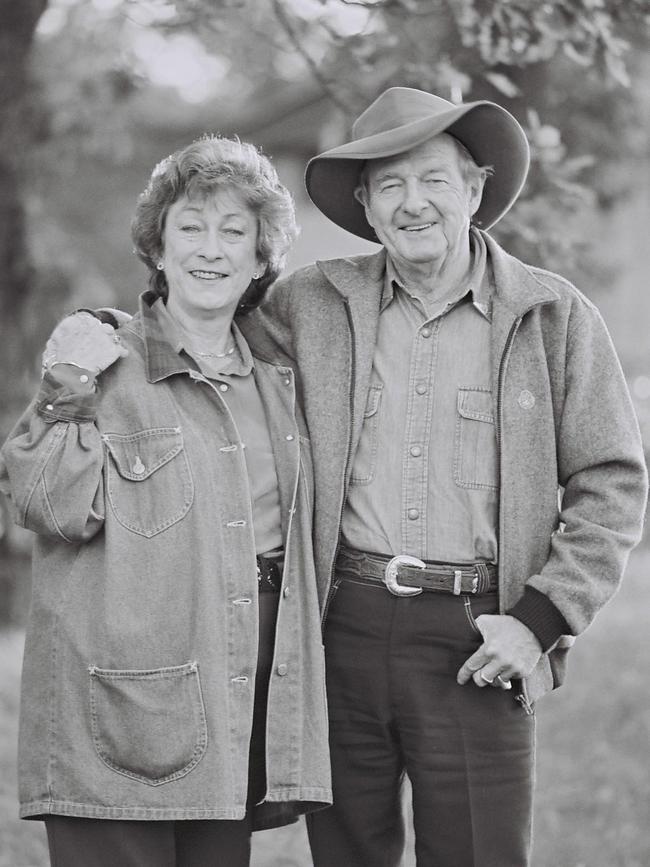
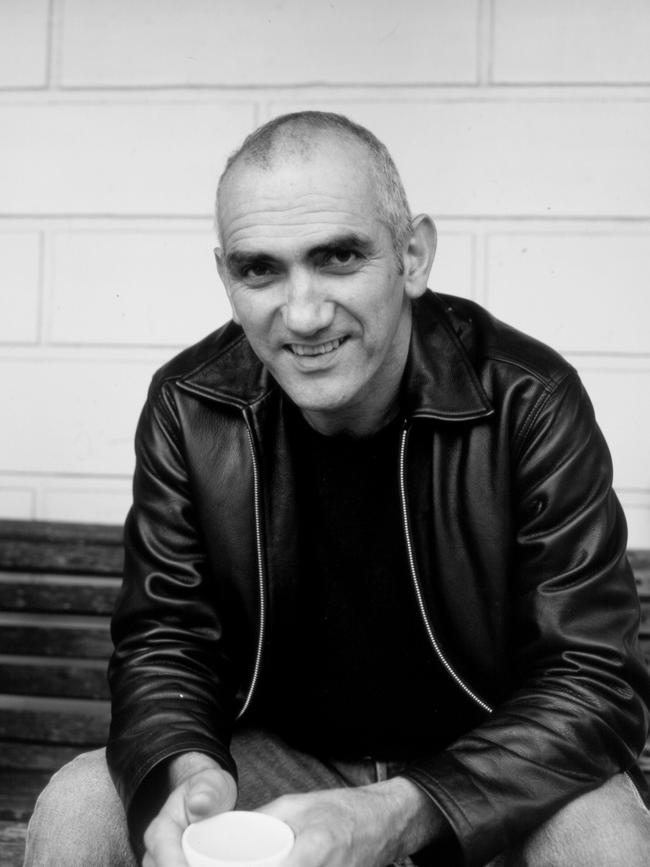
This is a story about looking in the rear-view mirror, at past work, but Kruger doesn’t do that often; she much prefers gazing out the windscreen, where objects on the horizon include a book about her favourite Australian band – the one that jolted her into musical consciousness at age 11.
“Everyone perceives Sherbet to have been this glossy pop band, but they were every bit as rock ’n’ roll as Chisel was, and almost as much as AC/DC was,” she says. “It wasn’t all fluff and Countdown; there’s a lot of darkness behind Sherbet’s story. I’ve been working on it for three years.”
Songwriters Speak remains a mighty effort by a singular writer, and the fact this landmark work is resurfacing is cause for celebration. Four years ago, it was well worth trading for an Eagles ticket, but a book this important deserves to return to wide circulation.
The late Eagles co-founder Glenn Frey was fond of noting that people did stuff to their songs. They fell in love. They quit their jobs. They got married. They learned their limits with alcohol and drugs. They went on cross-country roadtrips.
Paging through my copy of Kruger’s book, Frey’s quip came to mind. Reading her interviews chimes a note of harmony in the reader. Perhaps it’s the fanatic in me, too, but I see the book as containing scores of stories of us, told by skilled writers whose clever rhythms, lyrics, rhymes and melodies have soundtracked our lives.
Taking in the cast of musical characters gathered here, and soaking in their collective wisdom, has a similarly intoxicating effect to those shimmering moments when your ear catches the opening notes of a treasured song you haven’t heard in ages.
Caught up in a memory, time-travelling back to your younger self, you’re thrilled to have had the opportunity to hear it again.
Songwriters Speak: Conversations About Creating Music by Debbie Kruger is republished via Bouley Bay Books (RRP$69.99). It is available online at songwritersspeak.com


To join the conversation, please log in. Don't have an account? Register
Join the conversation, you are commenting as Logout